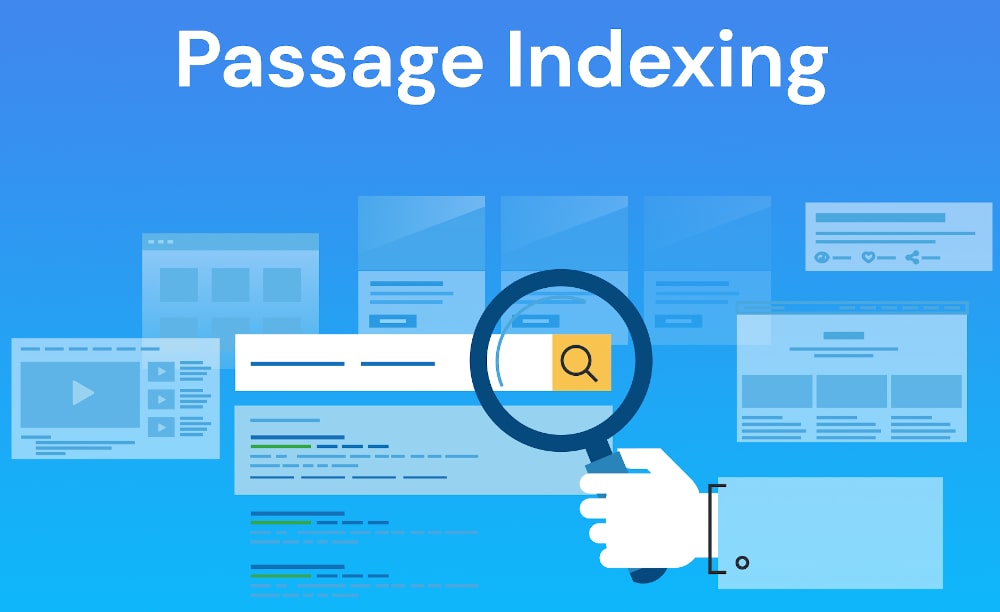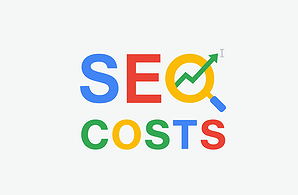Passage Indexing, What We Know Already

Knowing how to play the system you find yourself in has been the key to success for many and Google's expansive algorithm is no different. What difference does it make if you offer the best product or service in all of Canada if when people search for your industry, you are nowhere to be found. If a nut falls from a tree onto the ground and no one was there to hear it, did it really make a sound? That is the question posing numerous marketologists out there all simultaneously striving to have their website be front and center in the eyes of consumers.
Google passage indexing is merely the newest update to Google's algorithm announced in October 2020 currently going live in US English queries in the Pacific time zone and sure to expand worldwide in the near future.
Passage Indexing - What Can You Expect?
Initially labelled passage indexing, Google has now settled on the more accurate name of passage ranking. As the name implies, the new passage ranking system is involved in selecting data from sections/paragraphs of pages and corresponding them to the respective search query. What this does is allow for web pages discussing slightly different topics to still be listed in a search query.
The impact that this makes is significant. If you've ever found yourself in the position of researching a certain topic and remember being unable to find any concrete information without knowing that in one of the lower-ranked links, the information you were looking for was hidden deep inside, you know how frustrating it must be. Previously, you and Google's algorithm would have been none the wiser and the answer to your question would never have been discovered.
According to Google, this change is predicted to affect 7% of search queries across all languages and regions when rolled out in full effect. While Google still continues indexing entire pages, the algorithm will now more closely examine the passages to rank far more accurate results rather than relying on separate keywords scattered throughout an article. Keywords strewn across separate pages of an article, while broadly related to the search query, ultimately produce sub-par results compared to the more sophisticated system of honing in on the meaning of entire sentences and paragraphs.
The Impact on SEO
Passage indexing as with all things sacrifices one trait in exchange for another. If a hypothetical article were to talk about fine dining for the vast majority of the article but one paragraph in that article focused on pest control and laid out very concise yet detailed information, that content would have previously been ignored. The content related to pest control would have never surfaced for search results related to pest control because of its being diluted by the rest of the article. On the other hand, with passage indexing, the underdogs get more room in the spotlight than ever before.
The traditional approach to counter this has been to spread out one's content onto as many web pages as possible and to have each of those web pages contain embedded links forwarding the client to each other. This system was the most efficient and effective because the websites would each be highlighted under a specific topic according to Google's algorithm and thus attract traffic for their respective audiences. Each website would then use their traffic to subsequently boost the rankings of the other websites. Passage ranking however, modifies this dynamic forever.
New Age, New Ideas
Let's take the same hypothetical fine dining article. If a few sentences in that article mention the exact methods to get rid of a cockroach infestation then when an individual searches up the exact same question, they may receive a link to the page for fine dining as one of their first results with an excerpt from that article displaying the exact answer to their question.
This is all part of Google's constant upgrading of its AI and BERT language understanding systems which help Google Search display relevant content more than ever before.
Unfortunately, Google's algorithm is uncrackable so the best that we can do is analyze the data and estimate our results. Regularly track your progress through Webmaster Tools to find new avenues through which to reduce your bounce rate and improve your conversion rate.
Whether it's Web trends, One Stat or Google Analytics, studying how your various domains rise and fall as a result of these changes can clue you in as to how to act accordingly and make changes where needed.
In a recent interview with Jon Mueller, a senior Webmaster Trends Analyst, he was asked whether or not for the purpose of link consolidation and URL equity, it would be a wise decision to spread out specific content onto multiple pages and have each page be ranked according to that subject so as to increase the number of backlinks and increase each page's respective ranking. He seemed to disagree.
On the other hand, Martin Splitt, a top developer advocate at Google stated in a video on the State Engine Journal that SEO passage ranking would be beneficial to long pages in comparison with horter ones by allowing Google's algorithm to locate more secluded chunks of information. He even stated that publishers shouldn't do anything in response to the changes.
Unfortunately, as with so many things, even those at the top don't know. At the end of the day, it comes down to trying out as many marketing strategies as possible with your target audience, picking and choosing what works best and working from there.
Conclusion
Ultimately, the main advantage is provided to consumers who were previously given either blank screens or results that didn't answer their specific questions while the elusive answers lay somewhere out there on the web. Google is constantly innovating to appease its audience and companies beholden to Google for marketing need to constantly innovate to appease Google's algorithms. It's an endless cycle and one that business owners need to keep track of.
Experimenting is the only way that we can get closer to the truth and there is always a newer strategy or algorithm out there, undiscovered so far, that can improve the landscape for both business owners and consumers.





